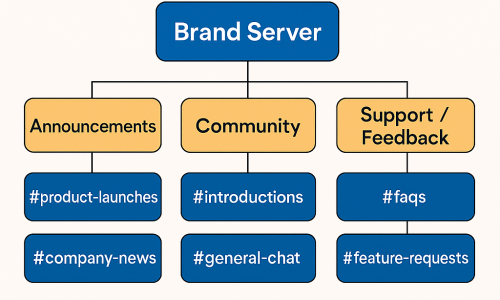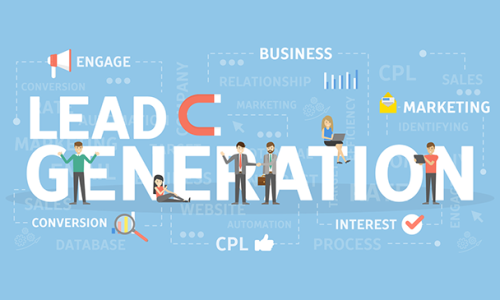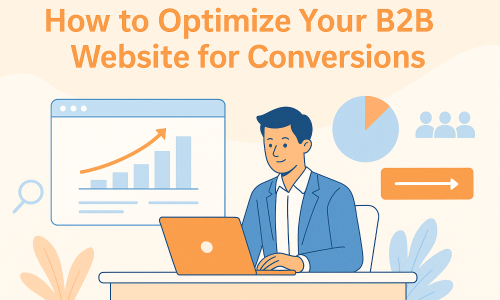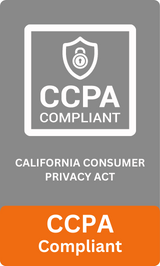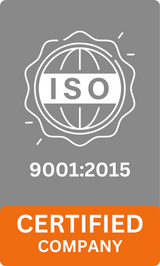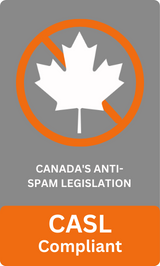
Building long-lasting customer connections requires effective lead nurturing through content marketing. Businesses may inform, engage, and assist prospective customers throughout their buying process by providing them with relevant material that is suited to their needs and distributed across a variety of channels.
This blog explores essential strategies—from personalized content creation to leveraging automation—that empower businesses to drive conversions and achieve sustainable growth. Discover how strategic content marketing enhances B2B lead nurturing efforts, positioning brands as trusted industry advisors.
What is B2B Lead Nurturing?
B2B lead nurturing is a strategic approach focused on developing and maintaining relationships with potential clients throughout their buying journey. Unlike B2C transactions, B2B sales cycles are typically longer and more complex, involving multiple decision-makers and stakeholders.
Effective lead nurturing recognizes this complexity and aims to guide leads through the funnel with targeted relevant interactions.
The process begins with understanding the unique needs and pain points of each lead. Through data collection and analysis, businesses can segment their audience and deliver personalized content that resonates with their specific challenges and goals.
This personalized approach captures potential clients’ interest and positions the business as a trusted advisor and industry expert.
Lead nurturing involves a variety of tactics, including email marketing, content marketing, social media engagement, and marketing automation.
Each touchpoint is designed to provide value, whether through educational content, case studies, product demonstrations, or personalized recommendations. The goal is to keep the brand top-of-mind and build trust over time.
Ultimately, B2B lead nurturing is about creating meaningful connections. Businesses foster long-term relationships, increase loyalty, boost conversion rates, and achieve sustainable growth by consistently delivering value and addressing the evolving needs of potential clients.
This relationship-centric approach is crucial for navigating the complex B2B landscape and achieving lasting success.
What is the role of content marketing in B2B lead nurturing?
Content marketing plays a pivotal role in B2B lead nurturing by delivering valuable information that addresses the needs and pain points of potential clients. Through strategic content creation and distribution, businesses can engage leads, educate them, and guide them through the decision-making process. Content marketing helps in:
- Educating Leads: Providing informative content that answers questions and solves problems helps establish your brand as a thought leader in your industry.
- Building Trust: Consistently delivering high-quality content fosters trust and credibility with your audience.
- Engaging Leads: Interactive and personalized content keeps leads engaged and interested in your offerings.
- Guiding Decision-Making: Content tailored to different stages of the buyer’s journey helps leads make informed decisions.
Using Content Marketing in B2B Lead Nurturing
1# Develop a Content Strategy
A well-defined content strategy is crucial for successful lead nurturing. Start by identifying your target audience and understanding their specific pain points and challenges. Create content that addresses these needs at each stage of the buying journey, from awareness to decision-making. Your content strategy should align with your overall marketing goals, ensuring consistency and relevance.
Incorporate a mix of content types, including blog posts, whitepapers, case studies, and videos, to cater to different preferences. Regularly update and refine your strategy based on performance data and changing audience needs to maintain its effectiveness.
2# Segment Your Audience
Effective lead nurturing requires audience segmentation. Not all leads are the same, so divide them into segments based on criteria such as industry, job role, company size, and stage in the buying journey. This segmentation allows for the delivery of personalized content that resonates with each group, enhancing engagement and relevance.
Tailor your messaging, offers, and content formats to each segment’s specific needs and preferences. By addressing the unique characteristics of each segment, you increase the chances of moving leads further down the funnel and ultimately converting them into customers.
3# Create High-Quality Content
In lead nurturing, content quality trumps quantity. Focus on producing high-quality content that is informative, engaging, and relevant to your audience’s needs. Use data, case studies, and expert opinions to back up your claims and provide value. Well-researched and thoughtfully crafted content helps establish your brand as a trusted authority in your industry.
Invest time in creating comprehensive, insightful pieces that address common pain points and offer practical solutions. High-quality content not only attracts and retains leads but also enhances your brand’s reputation and credibility.
4# Leverage Different Content Formats
Different audiences have different content consumption preferences. To maximize your reach and engagement, use a variety of content formats. Blog posts are great for in-depth articles, while ebooks and whitepapers offer detailed insights. Infographics can simplify complex information, and webinars provide interactive learning experiences.
Videos are highly engaging and can be used for tutorials, testimonials, and product demos. By diversifying your content formats, you cater to different learning styles and keep your audience engaged, ensuring that your lead nurturing efforts are effective across various channels and touchpoints.
5# Implement Marketing Automation
Marketing automation tools are essential for streamlining lead nurturing efforts. These tools enable you to deliver personalized content at the right time, track lead interactions, and score leads based on their engagement level.
Automation helps ensure that no lead falls through the cracks and that each one receives timely, relevant communications. Use automation to set up drip campaigns, trigger-based emails, and personalized workflows.
By leveraging marketing automation, you can efficiently manage large volumes of leads, provide consistent value, and move leads through the sales funnel more effectively.
6# Use Email Marketing Effectively
Email marketing remains a powerful tool for lead nurturing. Create targeted email campaigns that deliver relevant content to your leads. Use personalized subject lines and tailored content to increase open rates and engagement.
Segment your email lists to send customized messages based on lead behavior and preferences. Incorporate a mix of educational content, product updates, and special offers to keep your audience interested.
Regularly test and optimize your email campaigns to improve performance. Effective email marketing keeps your brand top-of-mind and nurtures the lead through the buying journey.
7# Engage on Social Media
Social media platforms offer opportunities to engage with leads on a more personal level. Share valuable content, participate in discussions, and use social listening tools to understand your audience’s needs and preferences.
Engage with leads through comments, direct messages, and live sessions. Social media allows you to humanize your brand, build relationships, and gather real-time feedback.
Use platforms like LinkedIn, Twitter, and Facebook to share content, highlight case studies, and promote events. Active social media engagement helps nurture leads, foster community, and drive them toward conversion.
8# Measure and Optimize
Regularly measuring the performance of your content marketing efforts is crucial for continuous improvement. Use metrics such as open rates, click-through rates, conversion rates, and engagement levels to assess the effectiveness of your campaigns. Analyze this data to identify what’s working and what’s not.
Use insights gained to optimize your strategy, tweaking content, distribution methods, and targeting as needed. A/B testing can help refine your approach. By continually measuring and optimizing, you ensure that your lead nurturing efforts are effective, efficient, and aligned with your business goals.
Conclusion
Content marketing is a vital component of B2B lead nurturing. By delivering valuable, personalized content, businesses can engage potential clients, build trust, and guide them through the buying journey.
Implementing a strategic content marketing plan, leveraging various content formats, and using marketing automation can significantly enhance lead nurturing efforts, leading to increased conversions and long-term business growth.
I hope you find this content helpful. For more informative articles, please visit SalesDemand.
FAQs
1# What types of content are most effective for B2B lead nurturing?
Blog posts, whitepapers, case studies, ebooks, webinars, and videos are highly effective for B2B lead nurturing. Each type serves a different purpose and caters to different stages of the buyer’s journey.
2# How can I measure the success of my content marketing efforts in lead nurturing?
Track metrics such as website traffic, email open and click-through rates, lead engagement, conversion rates, and ROI. Use these metrics to assess the effectiveness of your content and make data-driven adjustments to your strategy.
3# What role does personalization play in B2B lead nurturing?
Personalization is crucial for effective lead nurturing. By delivering content that is tailored to the specific needs and preferences of your leads, you can increase engagement and build stronger relationships.
4# How often should I update my content marketing strategy for lead nurturing?
Regularly review and update your content marketing strategy based on performance metrics and changing market trends. A quarterly review is a good starting point, but you may need to adjust more frequently based on your business needs.
5# Can small businesses benefit from content marketing for lead nurturing?
Yes, content marketing is beneficial for businesses of all sizes. Small businesses can leverage content marketing to build brand awareness, establish authority, and nurture leads cost-effectively.

